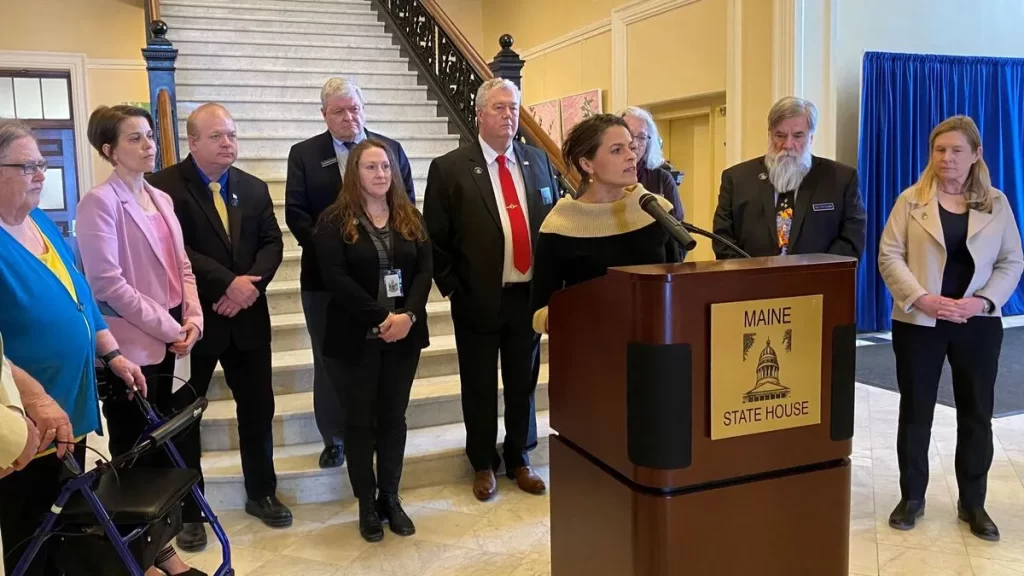On Wednesday, public hearings regarding tribal gaming rights are set to take place, and these proposals are expected to face opposition from Maine Governor Janet Mills.
These hearings follow the recent opening of Maine’s sports betting market in late 2023. Governor Mills, who had long been against betting, granted tribes the rights to engage in sports betting just before its launch in November.
LD 585, a key legislative piece, specifies that internet sports wagering within the state can only be operated by approved tribes.
Tribes can apply for licenses to run online betting platforms, and they are also allowed to form partnerships with one online operator each.
This new development has now piqued the interest of tribes in expanding into online gaming, and the hearings scheduled for Wednesday in Augusta could bring them closer to securing exclusive rights for online betting.
The initial month of legal sports betting in Maine was a resounding success, with more than $37.0 million wagered on sports within the state.
DraftKings emerged as the early leader in the market, amassing a total handle of $37.6 million.
Through its partnership with the Passamaquoddy tribe, DraftKings reported adjusted gross receipts of $4.3 million, with a handle of $30.5 million.
In contrast, Caesars lagged behind with a handle of $7.1 million and gross receipts of just $382,374, despite its presence in Maine through partnerships with three Wabanaki nations, including the Houlton band of Maliseet Indians, Mi’kmaq nation, and Penobscot nation.
Tribal gaming has been on the rise, as evidenced by the National Indian Gaming Commission’s 2022 annual report, which revealed a 4.9% increase in revenues to $40.9 billion.
This $1.9 billion year-on-year gain marks the highest recorded growth in the industry.
Nevertheless, tribes remain vigilant, as there is the potential for politicians and commercial gaming interests to encroach on their gambling rights.
Maine’s proposed legislation granting exclusive tribal rights to gaming follows in the footsteps of California and Florida, both of which took steps in 2023 to provide tribes with greater access to launch their own gambling offerings.
These developments underscore the ongoing debate and negotiations surrounding tribal gaming rights across various states in the US.
